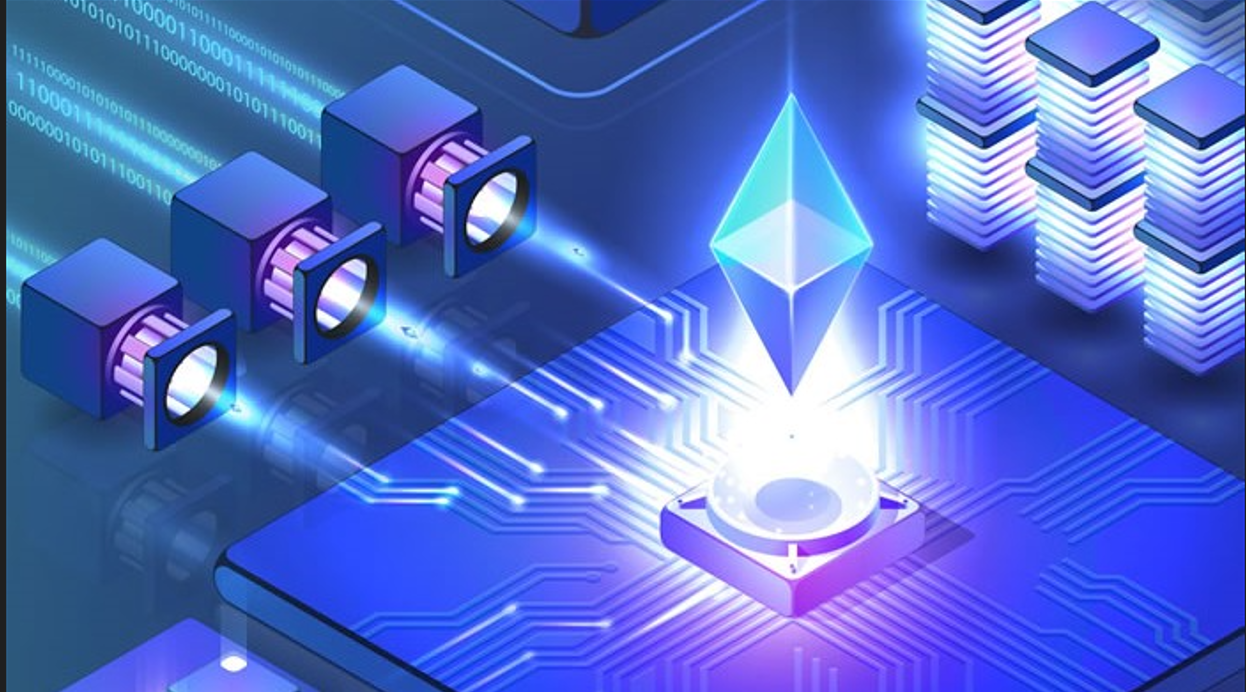In the evolving landscape of digital technology, data has become one of the most valuable assets. However, traditional data management and storage methods often lead to centralization, raising concerns about security, privacy, and control. Enter RDATADAO, a revolutionary platform leveraging decentralized data management to address these issues. This article delves into the world of RDATADAO, exploring its significance, functionalities, and the impact it promises on the data ecosystem.
What is RDATADAO?
RDATADAO, short for Real-time Decentralized Autonomous Data Organization, is a groundbreaking initiative designed to democratize data control and management. Utilizing blockchain technology and decentralized principles, RDATADAO aims to eliminate the risks associated with centralized data systems. By distributing data across a network of nodes, it ensures enhanced security, transparency, and user autonomy.
The Core Principles of RDATADAO
1. Decentralization:
RDATADAO operates on a decentralized network, meaning data is stored across multiple nodes rather than a single central server. This structure significantly reduces the risk of data breaches and unauthorized access.
2. Autonomy:
As a Decentralized Autonomous Organization (DAO), RDATADAO is governed by its community of users. Decisions regarding the platform’s development, operations, and policies are made collectively, ensuring a democratic approach to data management.
3. Security:
Blockchain technology underpins RDATADAO, providing robust security through cryptographic methods. Data transactions are immutable and transparent, offering users peace of mind regarding their data’s integrity and privacy.
4. Real-Time Data Access:
RDATADAO enables real-time data access and sharing. This feature is particularly beneficial for industries requiring immediate data updates and synchronization, such as finance, healthcare, and supply chain management.
How Does RDATADAO Work?
RDATADAO leverages a combination of blockchain technology, smart contracts, and decentralized storage solutions to offer a seamless data management experience. Here’s a breakdown of its operational mechanics:
Blockchain Technology:
At its core, RDATADAO uses blockchain to record and verify all data transactions. Each transaction is encrypted and linked to the previous one, forming an immutable ledger that ensures data integrity and transparency.
Smart Contracts:
Smart contracts automate and enforce agreements between parties without the need for intermediaries. In RDATADAO, smart contracts manage data access permissions, transactions, and user interactions, ensuring a trustless environment.
Decentralized Storage:
RDATADAO employs decentralized storage solutions to distribute data across a network of nodes. This method enhances data availability and redundancy, protecting against data loss and ensuring continuous access.
Benefits of RDATADAO
Enhanced Security:
Decentralized data storage minimizes the risk of hacking and data breaches. Even if one node is compromised, the rest of the network remains secure, safeguarding the overall system.
User Empowerment:
RDATADAO returns data ownership and control to users. Individuals can decide who accesses their data and under what conditions, fostering greater trust and transparency.
Cost Efficiency:
By eliminating the need for centralized data centers and intermediaries, RDATADAO reduces operational costs. This efficiency benefits both users and organizations, making data management more affordable.
Scalability:
The decentralized nature of RDATADAO allows it to scale seamlessly. As more nodes join the network, its capacity and performance improve, accommodating growing data demands without compromising speed or reliability.
Real-World Applications of RDATADAO
Healthcare:
In healthcare, data privacy and security are paramount. RDATADAO can securely store and share patient records, ensuring only authorized personnel have access. This approach not only protects sensitive information but also streamlines data sharing between healthcare providers.
Finance:
The financial sector can benefit from RDATADAO’s real-time data access and security features. Decentralized finance (DeFi) platforms, for example, can leverage RDATADAO to manage transactions and customer data transparently and securely.
Supply Chain Management:
RDATADAO enhances supply chain transparency by providing real-time tracking and verification of goods. Stakeholders can access accurate data on product origins, movements, and conditions, reducing fraud and improving efficiency.
Education:
Educational institutions can use RDATADAO to manage student records and credentials. Decentralized storage ensures data accuracy and accessibility while protecting student privacy.
Conclusion
RDATADAO represents a significant leap forward in data management, combining the power of decentralization, blockchain technology, and user autonomy. As industries continue to grapple with data security, privacy, and control issues, platforms like RDATADAO offer a promising solution. By empowering users and fostering a more transparent data ecosystem, RDATADAO is poised to reshape the future of data management, ushering in a new era of decentralized data autonomy.
